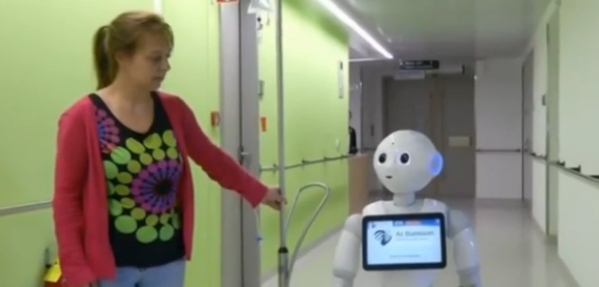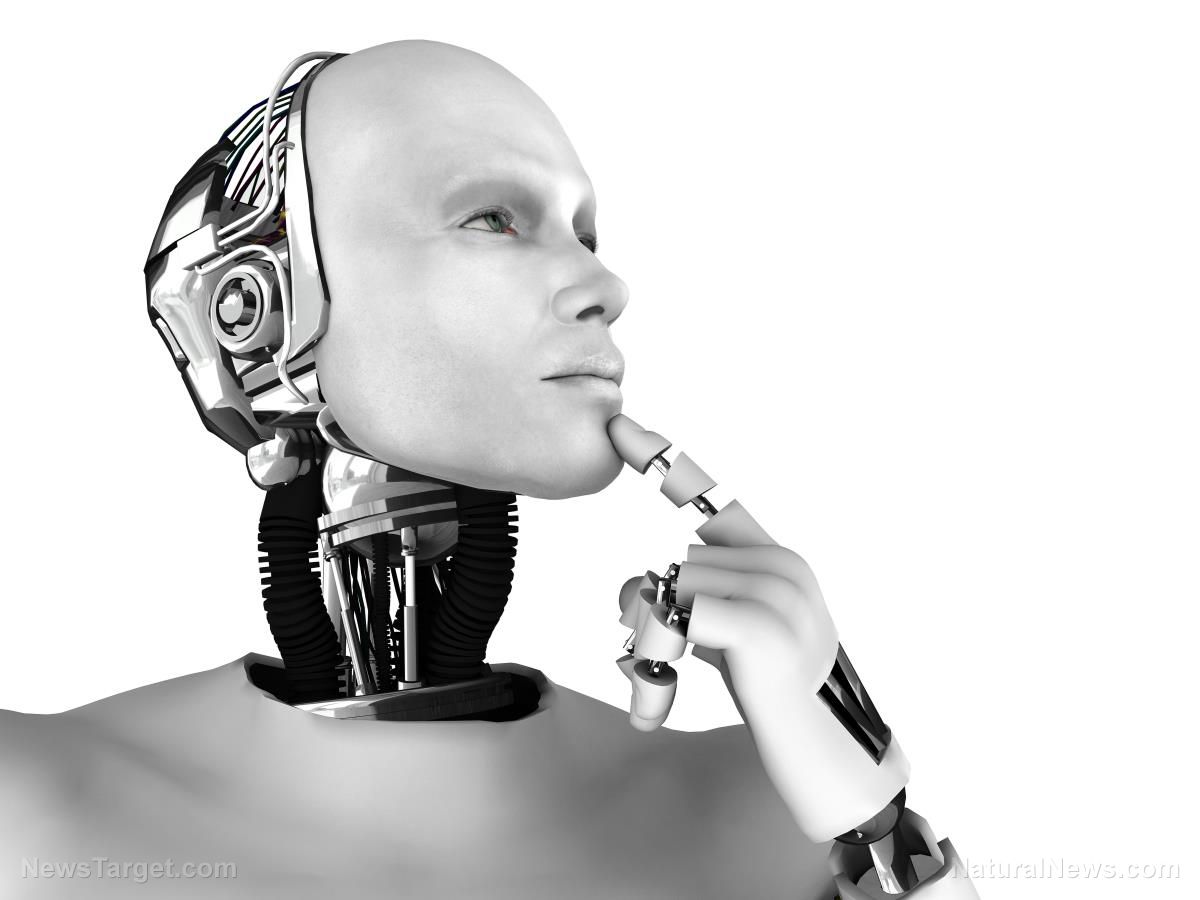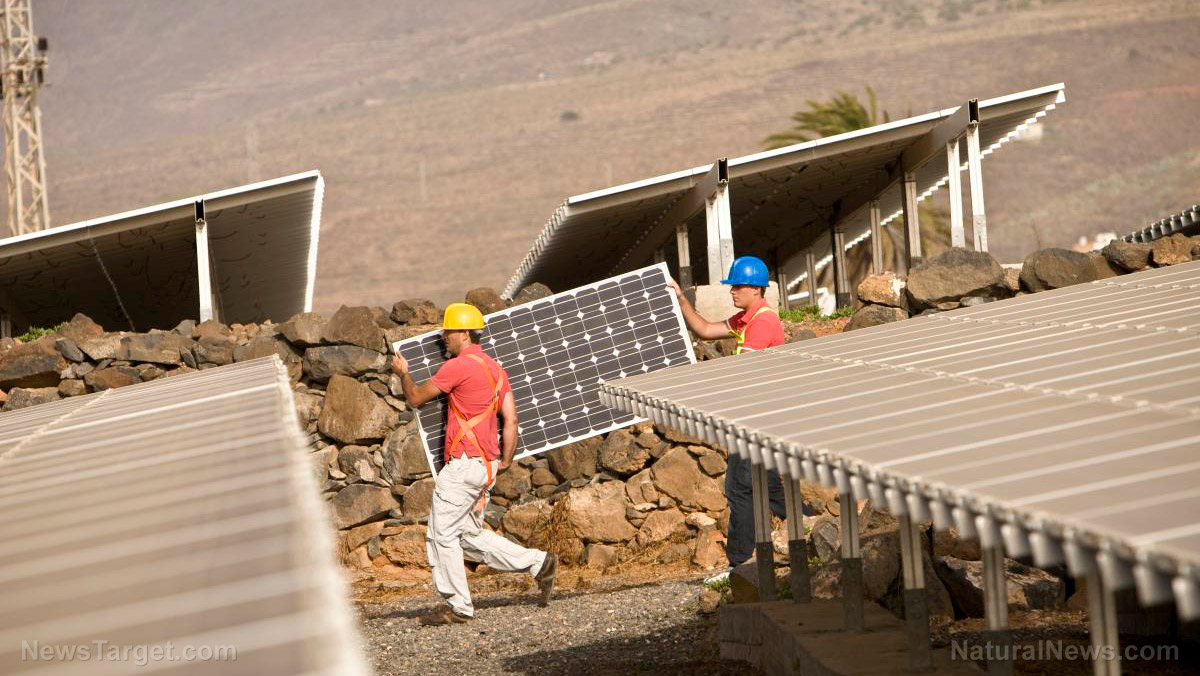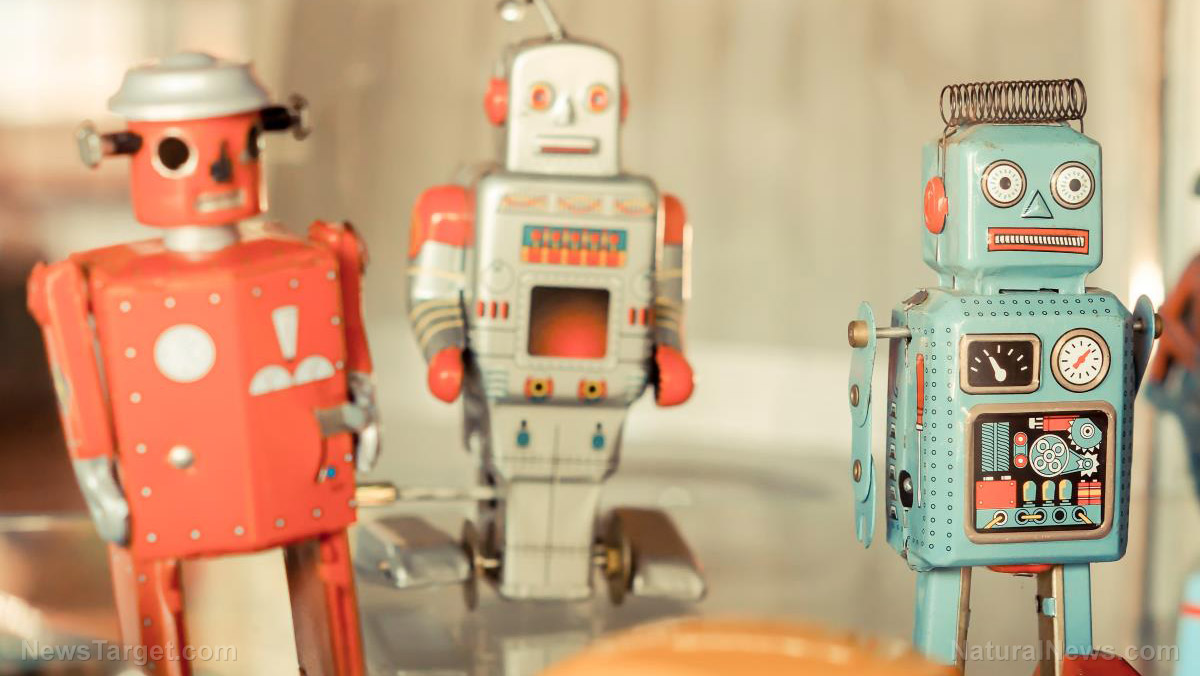China’s high investments on robotics and automation may bring a fundamental change to capitalism and put an end to old industrialization, according to analysts at global investment manager Bernstein.
Article by Manny Salvacion
Robots may demolish and replace manufacturing jobs globally as the “age of industrialization is coming to an end.” According to the analysts, capitalism will undergo a fundamental change with the introduction of robots and automation.
An article by Business Insider cited analysts as saying that the key foundation of economics as espoused by Adam Smith in his book, “Wealth of Nations,” may soon become irrelevant due to two trends: the rise of robotics and the modernization of the Chinese economy.
According to analysts Michael W. Parker and Alberto Moel, Smith’s book is becoming obsolete.
“Smartphones and online-to-offline apps give unskilled workers options for making a living that do not involve setting foot in developing market factories. Automation is making manufacturing activity cheaper and less labor intensive. Income inequality in developing markets will rise when work means competing against other unionizing,” the two said.
The analysts argued that robots will replace manufacturing jobs, which are gradually disappearing globally. This trend is happening globally, with China leading the way. Promises by politicians to bring back jobs, such as the pronouncement of Donald Trump, may not actually benefit the workers, the analysts said.
“If an individual, a company, or a country has an advantage in producing something, then that individual, company or country should specialize in producing that one thing, and trade for everything else,” Smith wrote in his book.
Specialization resulted in the industrialization of Asia, where manufacturing was outsourced due to cheaper labor in the region. Many countries in Asia became specialists in producing goods–from radios to t-shirts–which drove economic development in these areas.
However, this is coming to an end, according to Bernstein. “China is taking a different approach when it comes to how to deal with the mismatch between high-cost employees and low-cost manufacturing. Specifically, China is not getting rid of the work (or not all of it). It is just getting rid of the workers.”
China is spending about $3 billion on robotics annually and its investment has reduced jobs in the manufacturing sector. For instance, Foxconn, a key partner of Apple, Amazon and Google, and also the world’s 10th largest employer, is already using robots, replacing about 60,000 workers.
Bernstein added that job vacancies and wages in China have also increased by 68 percent and 4.5 percent, respectively, as a result of automation.
“The more complex manufacturing tasks are being automated, and the workers are moving into the services sector,” the analysts said.
This means that jobs from overseas which have been outsourced because of cheap labor, are now being done by robots in China. Therefore, the promise by politicians that they can bring outsourced industries with well-paid manufacturing jobs back to their countries may no longer benefit them as there are no more jobs to bring back, Bernstein said.
“It is still possible to force the relocation of production through the introduction of tariffs and quotas. However, if the point of the exercise is to restore well-paying, middle-class jobs in manufacturing in the process, the result is going to disappoint,” Parker and Moel said.
“Any such effort today is likely to result in greater and greater degrees of automation. The activity may come ‘home,’ but there are simply no jobs to steal. Mandating a physical task be carried out in a high-cost labor market in 2017 is simply going to increase the chances the task is automated.”
Even in the U.S., automation and robotics are already being used. Drones are used for warehouse delivery and surveillance by Walmart and the U.S. Department of Defense.
According to Bernstein, those with the best robots that can serve one’s domestic needs will lead in the new global economy, and not those countries which have developed a certain specialization.
Automation and robotics will transform the global economy and the way people work as the World Economic Forum (WEF) predicted the start of the “Fourth Industrial Revolution” this year.
WEF estimated that about 5 million jobs will be lost by 2020, as a result of automation. In China, about 77 percent of jobs are at risk while 57 percent of all jobs in countries belonging to the Organisation for Economic Co-operation and Development (OECD), a study by Citi and Oxford University predicted.
Not only manufacturing, but middle-class jobs will also be affected by technology change, the report said.
Lord Adair Turner, the former vice chairman of Merrill Lynch Europe and ex-head of the Britain’s financial watchdog, told Business Insider that this could be “at a turning point in the nature of capitalism” driven by technology.




















